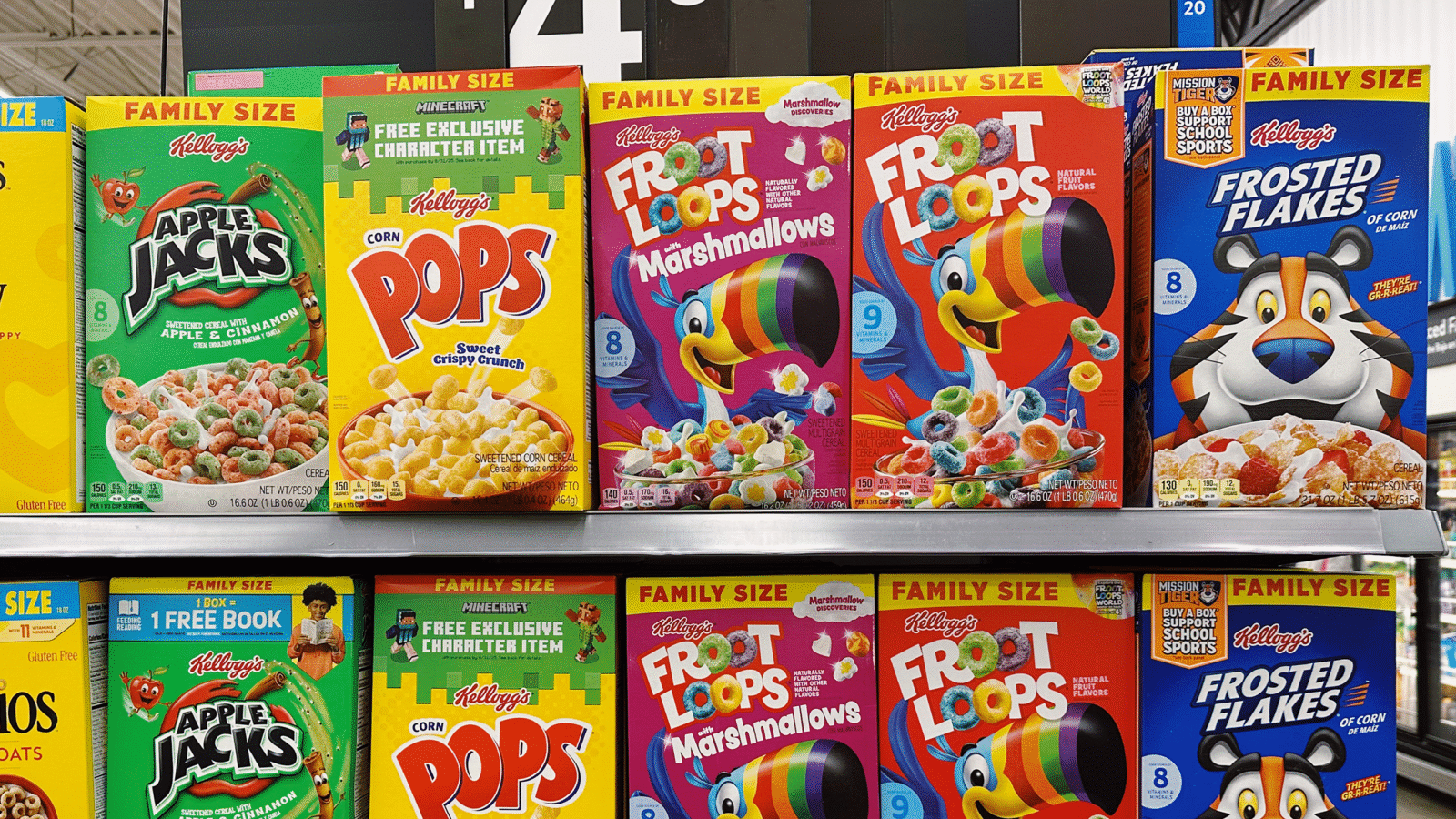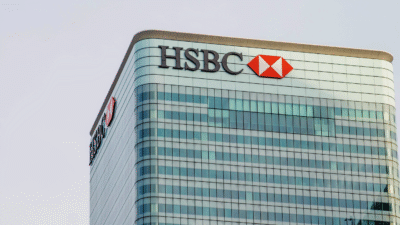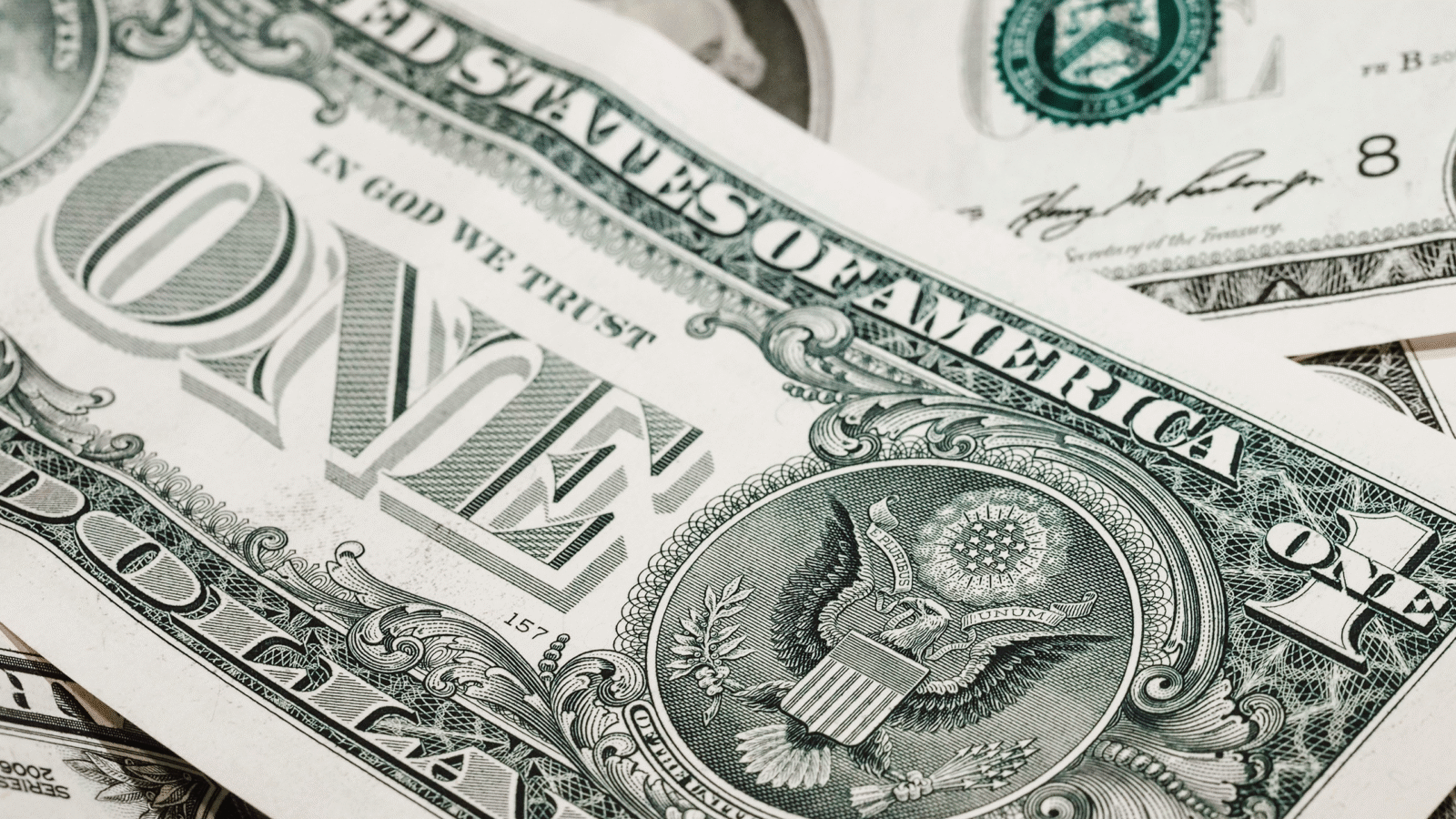
Sign up for smart news, insights, and analysis on the biggest financial stories of the day.
Eternals was “Kingo” of the box office this weekend, hauling in $71 million in the US, but in a world packed with all-powerful expectations, that just wasn’t good enough.
The latest massively bankrolled Marvel movie from Disney failed to meet analyst expectations — with its kryptonite (yeah, yeah, that’s DC canon) being lukewarm critical reviews.
Marvel Uni-Worst
Four weeks ago, experts pegged Eternals first-weekend box office to be in the $80-$85 million range. But then came the mixed-at-best appraisals. Eternals ended up the worst-reviewed film in the history of the 26-and-counting films in the Marvel Cinematic Universe.
Only half of critics said the latest CGI-laden, alien-clobbering spectacle was worth the trip to the cinema, with one saying it had a “strange self-sabotaging energy” and another claiming it to be “not exactly boring… nor particularly exciting.”
As the weekend grew closer, analyst expectations were lowered to $78 million, with Disney cutting expectations back to $75 million. The $71 million result is a huge wake-up call for the studio, but there are still Silver Surfer-colored linings:
- Eternals — which cost $200 million to make before marketing, advertising, and distribution — pulled in $161.7 million globally — the second biggest Hollywood movie opening weekend in 2021, just short of F9’s $163 million haul.
- That global weekend gross outdid those of Marvel’s first two movies of 2021, beating Shang-Chi and the Legend of the Ten Rings ($128 million) and Black Widow ($150 million).
Cha-Ching? October — which was stacked with major releases including the latest James Bond flick, No Time to Die; the reimagined Dune; and the superbly named sequel Venom: Let There Be Carnage — knocked off July as the most lucrative month for North American theatres with $638 million in sales. Box office returns in the US this year have reached more than $3.2 billion, compared to $2.2 billion for all of last year, according to Comscore. But that’s still way behind 2019’s pre-pandemic $11.32 billion bonanza.











